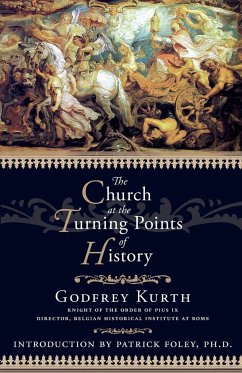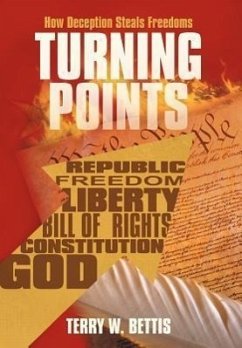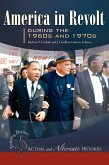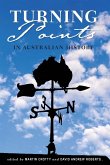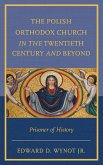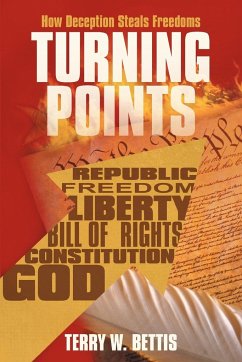Love it or hate it, the Catholic Church has been for 2,000 years at the very center of Europe and Western civilization in all its important aspects: theological, political, social, moral, economic, etc. It has been attacked on many different grounds, often violently, yet it still remains standing. Occasionally weakened, and then subject to an energetic renaissance, the Church can look back upon now long-gone empires, emperors, kings, intellectual traditions and philosophies, heresies and schisms, and in all cases say, "I was there." It is this miracle of constant regeneration which is the mystery of the Church for non-believers; the same mystery is the consolation and proof of the truth of Catholicism for believers. Those who wish to enter into some kind of understanding of this unique history, but who do not have the time to devote months or years to study, can get a wonderful grasp of the essentials in reading this book. Concise, erudite, and intelligent without being abstruse, it provides all the information that a casual reader might wish to know, and provides an indication for further study if required. No one who reads this book, friend or foe, will come away from reading it and remain unchanged.

